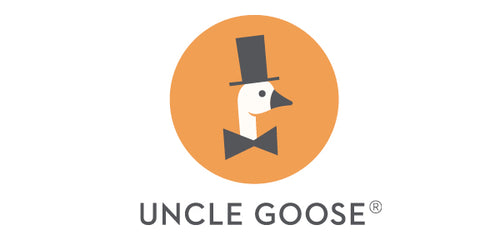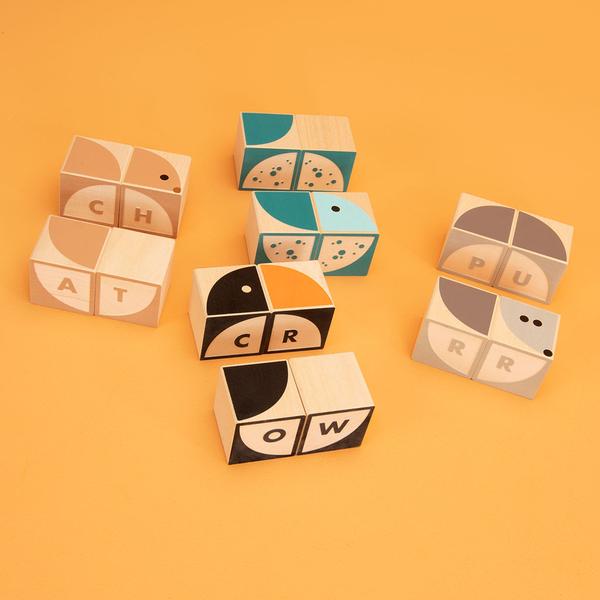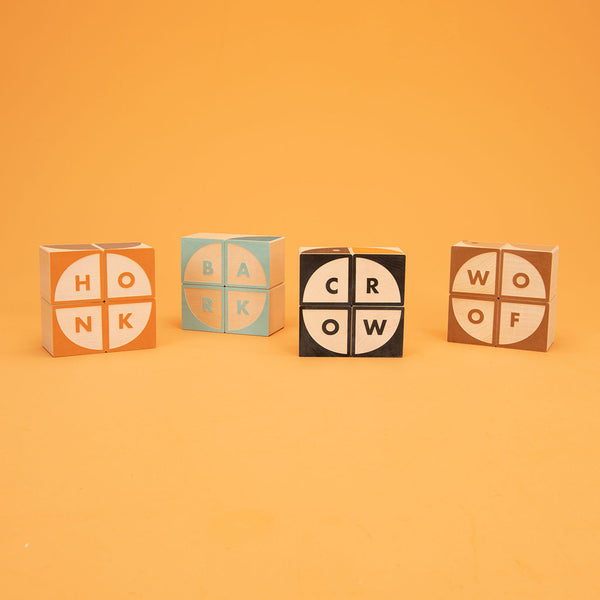
Honk if you love onomatopoeia!
Moo. Cluck. Oink. Yes, these are all sounds an animal makes, but they’re also examples of onomatopoeia.
According to Merriam Webster dictionary, onomatopoeia means “the naming of a thing or action by a vocal imitation of the sound associated with it.” To put it another way, onomatopoeia is “a word that sounds like the sound it makes!”
It’s not just animal sounds that can be examples of onomatopoeia. Look at your favorite comic books. Pow! Blam! Pop! Many action words that we use to describe sounds are onomatopoeia. They sound like the word they describe.
You can find complicated examples of onomatopoeia in your own body. Those noises your stomach makes when you’re hungry? Those sounds are called borborygmi. It’s a funny word that’s hard to spell, just like onomatopoeia. But when you say borborygmi out loud, it sounds like the noises your guts make.
The same is true of hiccup. The next time you hiccup, try saying the word “hiccup” at the same time. You’ll find they sound alike. The same is true of the word “cough”. Try saying “cough” when you cough. It will sound like you’re coughing!
Children love to learn about onomatopoeia. They’re zippy, playful words that are fun to say! Plus, you sound smart when you know how to say big, fun words like onomatopoeia and borborygmi.
And of course, children have a special love for learning about animals. Our Gaggle Grouser Blocks feature eight different animals, each paired with the sound they make.
What other words do children like to say that are examples of onomatopoeia? See how many examples you can say in a minute or less.
Tick-tock, the clock’s ticking!


